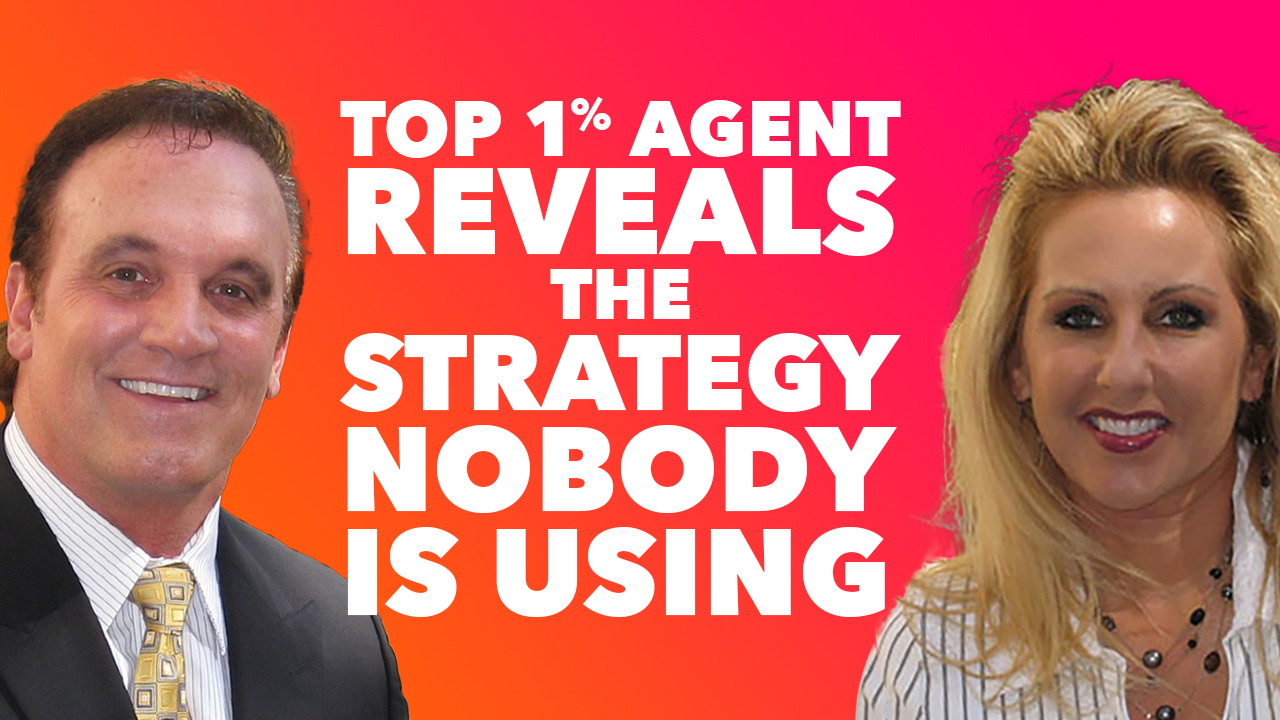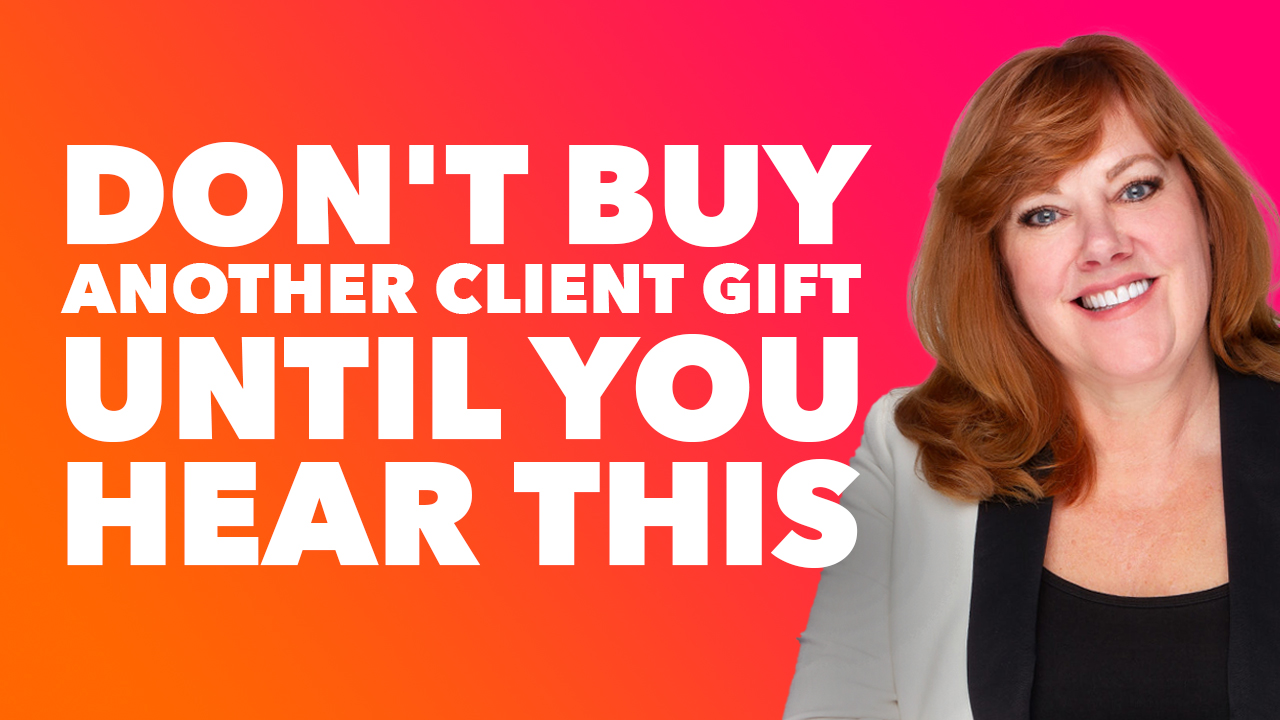If you’re a financial advisor, earning the trust of your clients is paramount. After all, by entrusting you with their wealth, your client is, effectively, entrusting you with their future.
That’s why it’s important to establish rapport early on. When your client is confident you have their best interests at heart, they’ll be more likely to stick with you. And one of the best ways to build rapport is by using the FORD Method.
FORD is an acronym that stands for Family, Occupation, Recreation, and Dreams.
Essentially, the FORD Method is meant to provoke meaningful conversations. It’s a great way to put your client at ease by focusing the discussion on their interests. But, just as important, it’s also useful for finding out more about your client’s greatest desires and top priorities.
Letter by letter, here are some ways you can use the FORD Method as a road map for better serving your clients.
Family
If your customer is seeking out the services of a financial advisor, it’s likely that they’re doing so with family in mind—whether that’s their spouse, their children, or some other potential heir to their wealth. It goes without saying that family will play an important role when it comes to advising your client on financial matters. For instance, is your client looking to start a college fund for their children, or children they’re planning to one day have?
Because each familial situation is different, a great way to find out about your customer’s family is to start by talking about your own. You might mention your spouse or kids, or maybe one of your siblings. From there, the conversation will naturally gravitate toward the subject of your client’s family.
You’ll also want to get to know your client’s family on their own merits. If you fail to connect with the spouse or children of your customers, you risk losing their business in the future, should something unexpected ever happen to your client. If you need help connecting with the wives and children of your clients, check out our free e-book on the subject.
Occupation
When you’re taking on a new client, their occupation will be one of the first things you’ll need to learn. In order to help them build a future with their existing wealth, you obviously need to have a grasp on their earning potential.
Still, knowing what your client does for a living is important for reasons beyond the financial. If you want to provide the best possible level of customer service, you should have an understanding of—and sympathy for—your client’s schedule. Will you be intruding if you call them during the day? Do they work long hours? If so, a 7 p.m. phone call from you might be interrupting their dinner.
Beyond these practical concerns, talking to a customer about their occupation builds a sense of camaraderie. When you take a real interest in them and what they do, they’ll believe that you are truly invested in their success.
Recreation
“What do you do in your spare time?”
This question is a great icebreaker in almost any scenario where you’re getting to know someone, and interactions with your customers are certainly no exception.
If you find out your client is into a certain type of music or likes to read historical nonfiction, you can keep an eye out for new albums or books to recommend to them. This provides you with an organic reason to touch base with your client more often, which builds trust and grows the relationship. Of course, it also provides you with more opportunities to ask for referrals.
If you’re looking for an effective way to learn more about your client’s hobbies and interests, try sharing a copy of your customized magazine from ReminderMedia. Each issue contains a wealth of great content that you can use to spark meaningful conversations and get to know your clients better.
Dreams
It goes without saying that you need to have a clear understanding of your client’s goals. But, sometimes, those goals aren’t always as clear-cut as you might think. Your client’s priorities can (and often do) evolve. For example, they might one day decide they want to buy a vacation home or pursue their dream of owning a business.
While knowing about your client’s wildest dreams won’t suddenly make more money appear, these conversations will get them to think more about what they really want in the long term.
At the end of the day, the more you know about your client, the better prepared you’ll be to steer them in the right direction with regards to their finances.
























